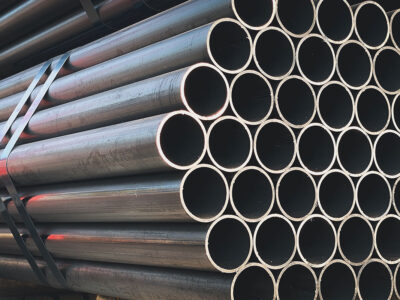The private sector is expected to play a leading role in reshaping Jeddah’s healthcare landscape, according to Knight Frank’s Healthcare in Saudi Arabia: Opportunities in Jeddah 2025 report.
Rapid population growth, urban expansion, and demographic shifts are driving significant demand for new hospitals, long-term care facilities, and community-based health services.
The report finds that Jeddah currently has just 1.8 hospital beds per 1,000 residents, below the national average of 1.9 and the global benchmark of 2.9. To close this gap, the city will need approximately 4,100 additional beds by 2030.
Private healthcare operators already manage 67 per cent of Jeddah’s inpatient capacity, the highest in the Kingdom, positioning them to lead the next wave of investment and expansion.
“Jeddah is experiencing not just growth in numbers but a real shift in how people access and experience healthcare,” said Shehzad Jamal, Partner – Real Estate Consultancy, MENA, Knight Frank. “There is rising demand for neighbourhood-based services, for long-term and specialist care, and for facilities that blend technology and human connection. For investors, this changing landscape represents an opportunity to create new capacity and improve patient outcomes.”
Major hospitals in northern Jeddah already operate at around 70 per cent occupancy, while long-term care facilities exceed 90 per cent. Mid-market operators are targeting the city’s eastern districts, which remain underserved.
Jeddah’s ageing population is a key factor behind rising demand. The city’s population, currently around 3.8 million, is projected to reach nearly 5 million by 2040, with the number of residents aged 65 and over expected to grow 2.3 times and those aged 40–64 by around 50 per cent.
“This demographic transition is already reshaping healthcare demand,” said Dr. Gireesh Kumar, Associate Partner – Healthcare Advisory, MENA, Knight Frank. “Providers are shifting away from acute care models and investing in preventative, rehabilitative, and community-based services to meet long-term needs.”
Knight Frank estimates that Jeddah will require 2,400 additional long-term care beds, the equivalent of about 14 new facilities, by 2040. Investors are exploring specialised rehabilitation centres, home-based recovery models, and integrated care campuses to meet this need.
Knight Frank concludes that as Jeddah evolves, healthcare investment will remain one of its most dynamic and resilient sectors, offering opportunities to create infrastructure that supports wellbeing, accessibility, and a higher standard of care for future generations.








